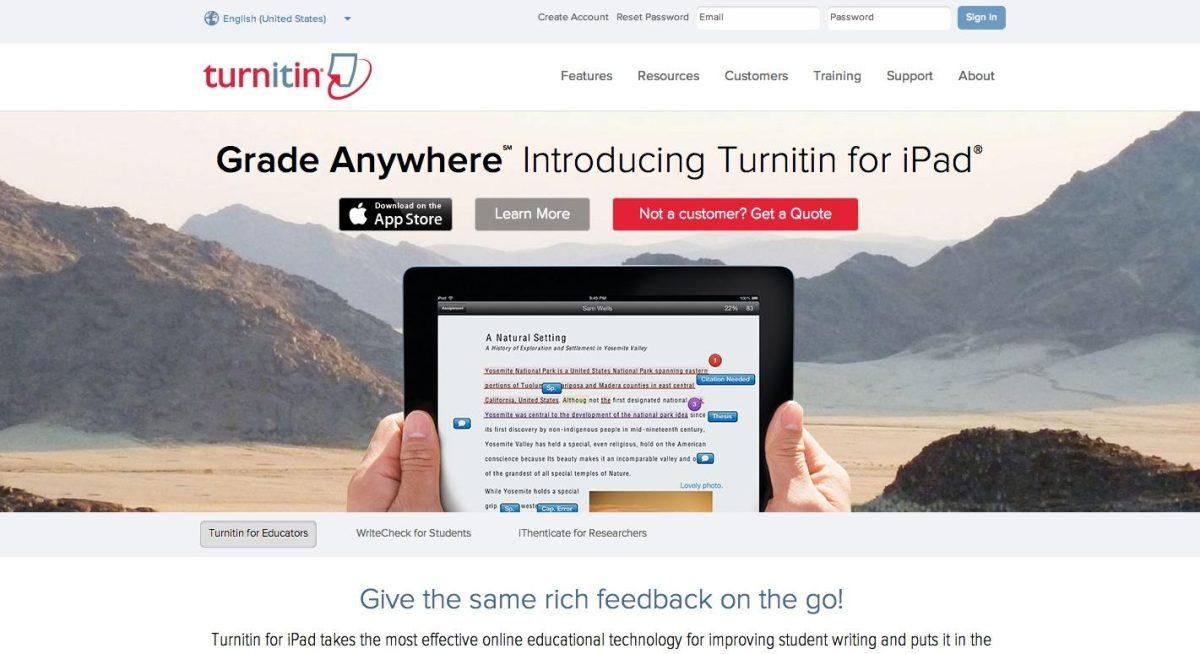After a trial period this fall, the University is projected to enact new plagiarism prevention software by the start of the spring semester.
The Faculty Senate developed a plan in April 2013 for the University to begin using the services Turnitin — available on Moodle now — and iThenticate. Both software solutions are tools used to identify plagiarism in pieces of writing submitted digitally.
iThenticate is used by the government and other agencies to authenticate grant proposals and gives graduate students the ability to verify their own work, according to Graduate School Dean Gary Byerly.
While iThenticate will primarily be for faculty and graduate students, if a circumstance arises where an undergraduate may be publishing anything, he or she should be able to use the software, Byerly said.
“There are only so many words you can use for the topic, so of course they’re going to line up or there’s going to be some correlation between those,” biochemistry freshman Ashton Sells told The Daily Reveille in April. “It’s kind of hard to prove how much is actually plagiarism and how much is authentic.”
However, some students are now welcoming the new software.
“Sometimes people steal so much and still get away with it,” said anthropology junior Christina Brown.
Brown said she thinks most students at the University are apathetic to the issue.
Opinions aside, plagiarism is an academic offense with consequences that can do anything from dropping offenders a letter grade to being expelled.
“Instructors still need to be proactive in checking for plagiarism,” Brown said.
In August 2013, iThenticate surveyed more than 330 academic researchers to learn about plagiarism.
“We found the high degree of seriousness attributed to most forms of plagiarism to be a reassuring reminder that publishing ethics is top of mind for many academic researchers,” Chris Cross, general manager at iThenticate, said in a news release.
Byerly said these programs provide learning opportunities.
“Sometimes it is not done with intentional efforts to deceive,” Byerly said. “It can be sloppiness with quotations and citations or misunderstanding.”
Anyone can plagiarize materials; the issue is not student-exclusive.
Byerly said professionals may accidently write a statement or paragraph in a new piece that they used in a previous publication.
“iThenticate will show strings of text that are taken from other published works,” Byerly said. “It is up to the students and faculty to decide how to handle it.”
New anti-plagiarism software to be implemented this spring
By Renee Barrow
December 4, 2013





